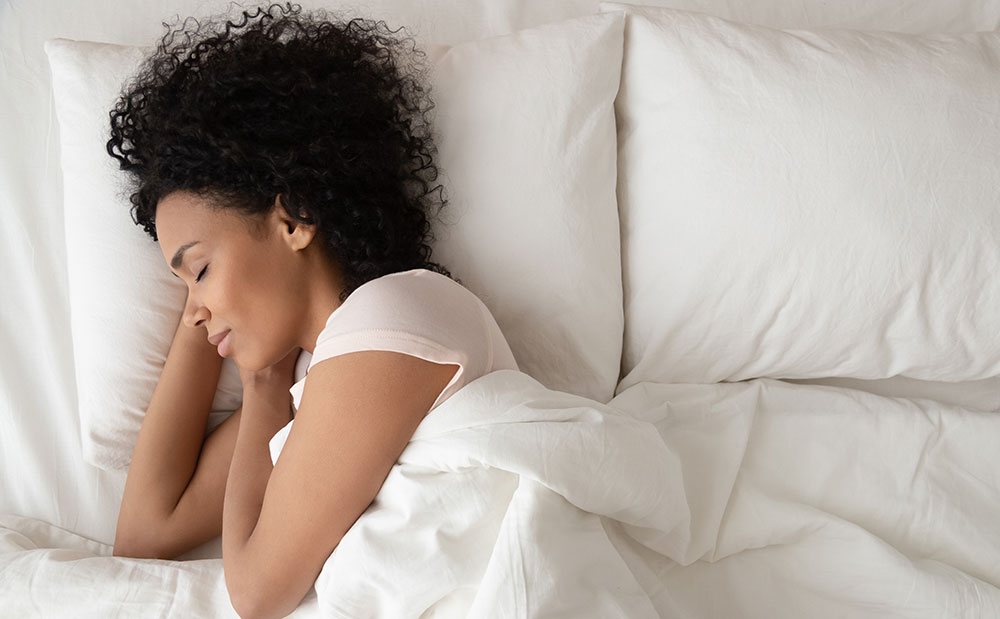
Have you ever been told to just “sleep on it” before making a big decision? Typically, when someone is telling you this, they’re trying to advise you to take a good amount of time to consider your options before picking one or another. They usually don’t mean that you should actually go to sleep before making your decision. But after a recent study, people might actually start recommending hitting the hay before making a big decision.
As it turns out, sleeping before making a decision can actually help us make better decisions instead of relying on first impressions and snap judgements. Researchers at Duke University in Durham, North Carolina recently conducted a study on the impact “sleeping on it” has on decision making. Specifically researchers wanted to test whether it’s truly “better to start strong with a good first impression, or end on a good note?” (1)
It’s no surprise that sleeping has an impact on your cognition, given how connected the process of sleeping is to the brain. Additionally, getting enough sleep each night is crucial for keeping your cognition and mental health in good shape.
So, read on if you’re curious about how Duke’s study found that “sleeping on it” can actually impact your decision making process and how sleep can impact your cognition more broadly.
What Did The Study About “Sleeping On It” Find?
For the study, which was published September 9th in the Journal of Experimental Psychology, the researchers had study participants hold an imaginary garage sale, where they had to look through boxes of unwanted goods to include in their garage sale. The items included higher value items like lamps or teddy bears, and lower value items such as an old alarm clock. (2)
Participants did earn real money based on which box they chose to sell at the garage sale, but here’s the catch, the total “cost” of each box was the same. What varied was the order in which higher value items and lower value items were shown to participants. (2)
After each participant opened all of the boxes, they were asked to give a price for each box, and select their favorite box. While some participants gave their answers immediately, others gave their answers the next day, after literally sleeping on the decision.
According to the press release from Duke University: “A pattern quickly emerged: When the participants had to make a decision right away, they tended to remember and judge boxes not by the entirety of their contents, but rather by the first few items they came across.” (1)
As it turns out, those who waited until the next day to make their decision weren’t as easily swayed by first impressions. “Participants who “slept on it” no longer overwhelmingly preferred the boxes that made a good first impression. Boxes that saved the best for last were weighted equally favorably in their mental calculus.” (1)
How Does Sleeping Impact Cognition?
According to a 2023 study on the impact of sleep deprivation on cognitive performance, sleep is crucial to our cognition. Not only is sleep crucial to performing at a high cognitive level, but to simply completing basic day to day tasks. (3)
According to this study, if you’re not sleeping enough, you could face “an impairment in attentiveness, working memory, consolidation of memories, alertness, judgement, decision-making, and many other diminished cognitive performances will follow.” However, if someone is getting enough sleep, they won’t face any of these symptoms and instead will “be at an advantage with higher reaction times and intellectual activity.” (3)
Sources
- Smith, R.A. Yet another reason why you should sleep on it before making an important decision. Duke Today. September 22, 2024. https://today.duke.edu/2024/09/science-of-first-impressions
- Sinclair, A.H., Wang Y.C., Adcock, R.A. First impressions or good endings? Preferences depend on when you ask. Journal of Experimental Psychology: General. 2024. DOI: https://doi.org/10.1037/xge0001638
- Khan, Mohammad A., & Al-Jahdali, Hamdan. The consequences of sleep deprivation on cognitive performance. Neurosciences (Riyadh, Saudi Arabia). 2023. DOI: https://doi.org/10.17712/nsj.2023.2.20220108




























